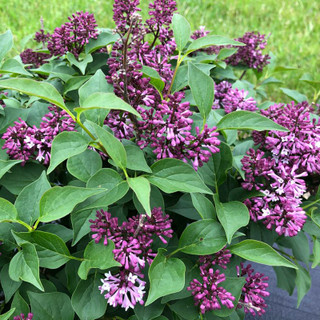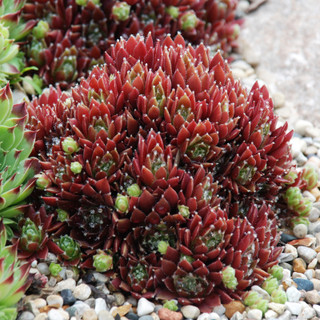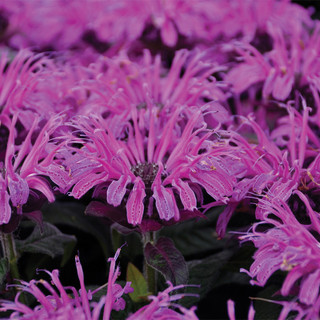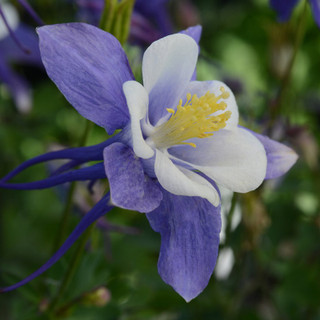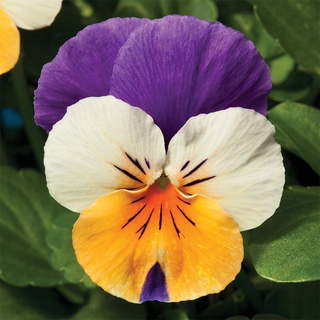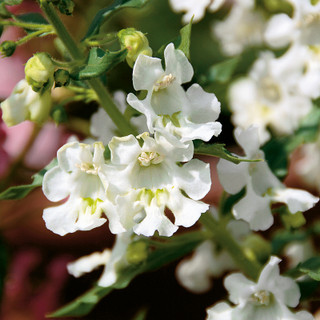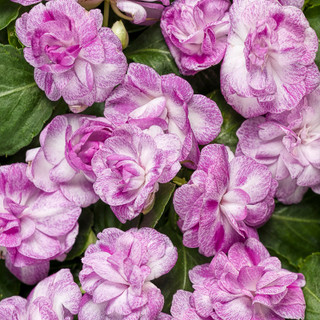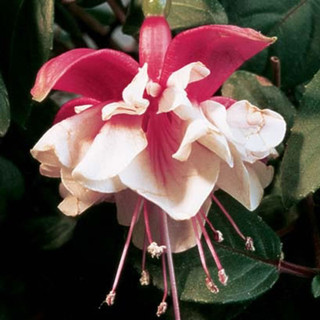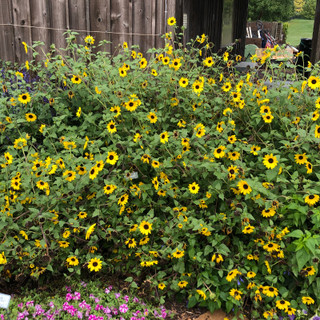
Pet Safe Plants
Bushes Safe For Cats & Dogs
Perennials Safe For Cats & Dogs
Annuals Safe For Cats & Dogs
Dogs, cats, children and other pets like farm animals can all be very curious and sometimes try to explore and learn by chewing or eating things they find. Plants are an obvious thing that pets are exposed to, whether indoors or outside.
If you are worried that your puppy, cat or toddler will accidentally chew or eat your plants and get sick, here is a list of plants that are safe to around curious animals. These plants are all safe for dogs, cats, children and other farm animals and pets. Plant these in the garden with confidence that nobody will get sick by accident.
Pet Safe Houseplants
If you are hoping to green up your indoor living space with some tropical plants, succulents, air plants or cactus, here are some indoor plants that are safe for pets and children.
- Boston Fern
- Parlor Palm
- Ponytail Palm
- Spider Plant
- Most Air Plants
- Wandering Jew
- Peperomia
- Calathea (Prayer) Plant
- Chinese Money Plant
- String of Hearts/Pearls/Turtles/Dolphins
Toxic & Poisonous Plants
Some of the more toxic plants that are common are listed below. This list is by no means exhaustive, but these are the most popular poisonous and toxic plants gardeners tend to grow.
- Aloe
- Arrowhead Vine
- Azalea
- Boxwood
- Buckeye
- Dahlia
- Dracaena
- Foxglove
- Holly
- Hydrangea
- Iris
- Lily of the Valley
- Nandina
- Peace Lily
- Peony
- Periwinkle
- Philodendron
- Rhododendron
- Sago Palm
- Taro
- Wisteria
- Yews
Symptoms of Plant Poisoning
Symptoms can vary as they are specific to each type of plant eatenIt is important to remember that any animal or human can have an adverse reaction to anything. And anything consumed in large quantities can become poisonous. But if you suspect your pet or child has consumed a toxic plant, here are some common symptoms.
- Vomiting
- Diarrhea
- Drooling
- Seizures
- Difficulty breathing
We would also like to remind you to be careful what you are spraying in your yard to control weeds, pests or any other chemicals. Be cautious of neighbors doing the same thing, especially on windy days.
Disclaimer: If you are uncertain about a plant being poisonous or toxic, it is best to speak with a licensed veterinarian beforehand. Plant Addicts is not liable for any adverse effects from plants on animals or children. Anything consumed in large quantities can lead to adverse side effects. And sometimes allergic reactions can also happen to safe plants (although rare).
If you suspect your animal or child is suffering from poisoning, call 911 immediately for children and adults and the Pet Poison Hotline for animals for 24/7 vet advice. Their phone number is (855) 764-7661.
Most of the information on this page has been verified by reputable sources including the ASPCA (American Society for the Prevention of Cruelty to Animals). If you notice any errors or have any questions, please let us know!




